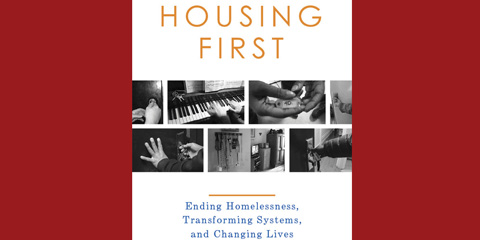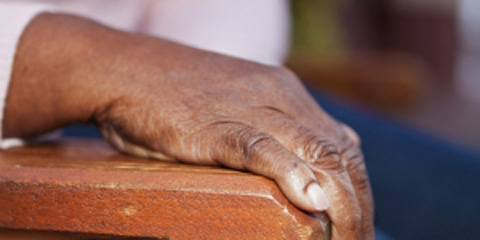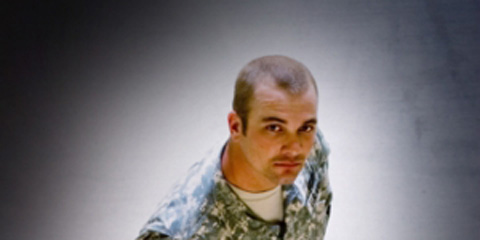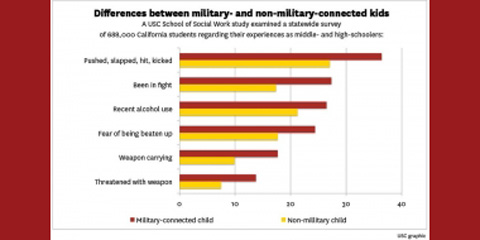News Archive
Research
-

A new book tracing the development of an innovative approach to addressing homelessness is now available.
-

Disasters take a unique toll on children, with potential to cause short- and long-term damage to their health and development. In a new clinical report, the American Academy of Pediatrics (AAP) urges pediatricians to look for common adjustment problems in children following a disaster or crisis and to promote effective coping strategies to ease the impact of the event.
-

As an adoptee from Taiwan growing up in San Antonio, Texas, Priscilla Hefley struggled to find her identity.
To avoid being seen as an outsider, she embraced the mainstream culture. It wasn’t until college that she began to reconnect with her roots and what it meant to be a Chinese American.
“Adoptees can have a sense of not really being American and not really being Chinese,” she said. “It was a real struggle. Where exactly do I fit?”
-

A new report released by the USC Edward R. Roybal Institute on Aging at the USC School of Social Work found that while Angelenos overall are living longer, there are significant differences in health prospects for older adults of certain racial and ethnic backgrounds, depending on where they live in the county.
-

Struggling with health issues such as diabetes and heart disease can lead to depressive disorder, which in turn may have a negative effect on the ability of individuals to manage their health care, creating a downward spiral that results in increased mortality.
This issue is particularly critical in low-income communities of color, where residents face high rates of chronic health problems.
-

Growing up near some of Mexico City’s rougher neighborhoods, Erick Guerrero became intrigued by the people he frequently saw hanging around on the corners smoking marijuana and drinking alcohol. Despite a certain level of stigma about their behavior, Guerrero noticed a sense of normalcy and acceptance by community members. These people, who were tied to the community through family, friends, or informal work, publicly displayed their struggle with addiction and mental health issues.
-

The University of Southern California School of Social Work announced today the National Center for School Crisis and Bereavement (NCSCB) will now be housed at the school. The renowned center is one of the leading organizations in the U.S. providing comprehensive crisis and bereavement resources and training to educators, school systems, governmental agencies and community organizations.
-

The ground-breaking research conducted by the USC School of Social Work’s military center on local veteran transition challenges will now be able to help veterans outside of Southern California thanks to a $316,000 grant aimed at replicating the study in Chicago.
-

Growing up in a military family during times of war puts a sizable proportion of children at a greater risk for a wide range of negative outcomes – drug use, being bullied or carrying a weapon to school – compared to their nonmilitary peers, according to a new study which appears this month in JAMA Pediatrics.
-

A new book by a USC professor provides historical and cultural context, along with recommended changes to policy and clinical practice, to help stem the epidemic of sexual trauma in the military.
Believed to be the first social work text to address the topic of military sexual trauma, Kristen Zaleski’s Understanding and Treating Military Sexual Trauma aims to fill a gap in resources she herself noticed when she first started treating veterans.